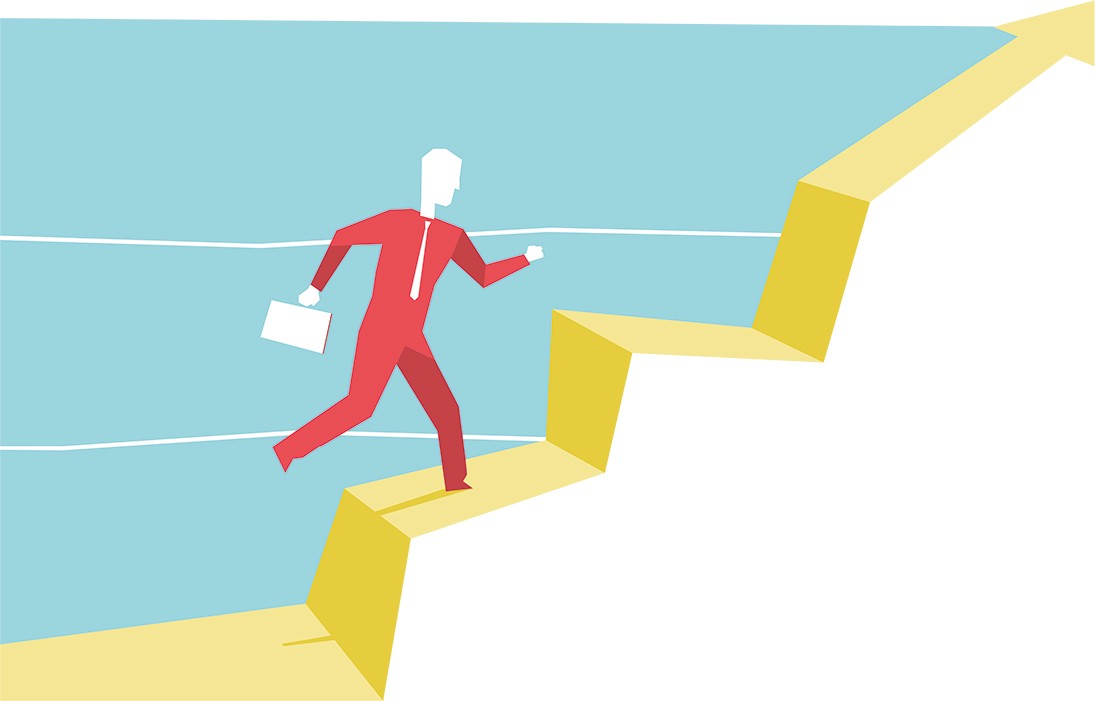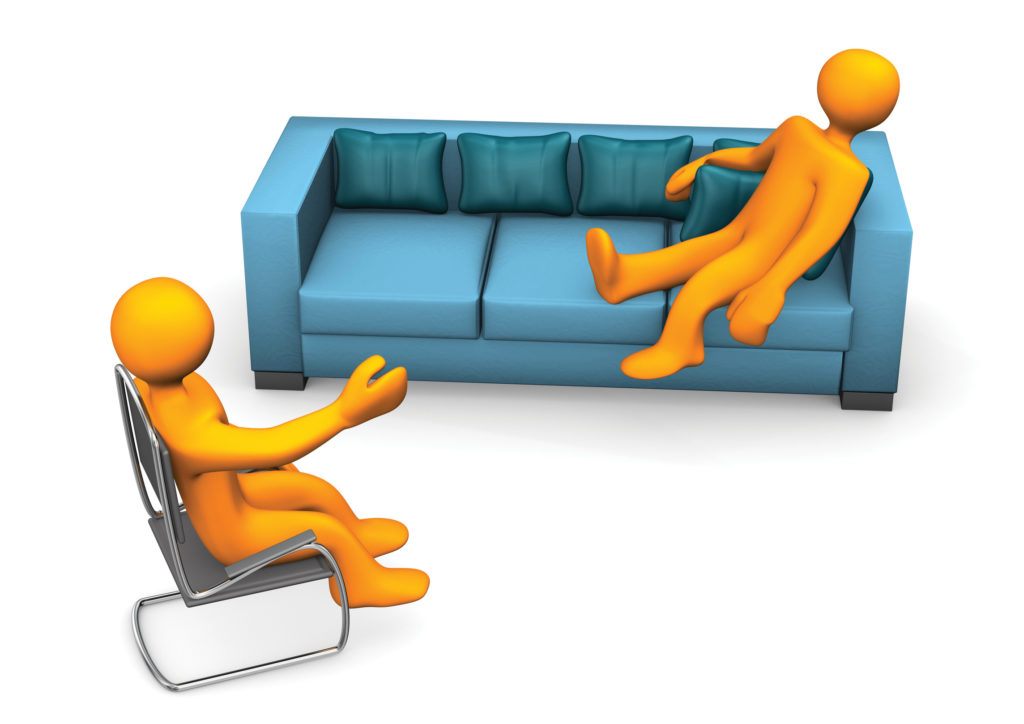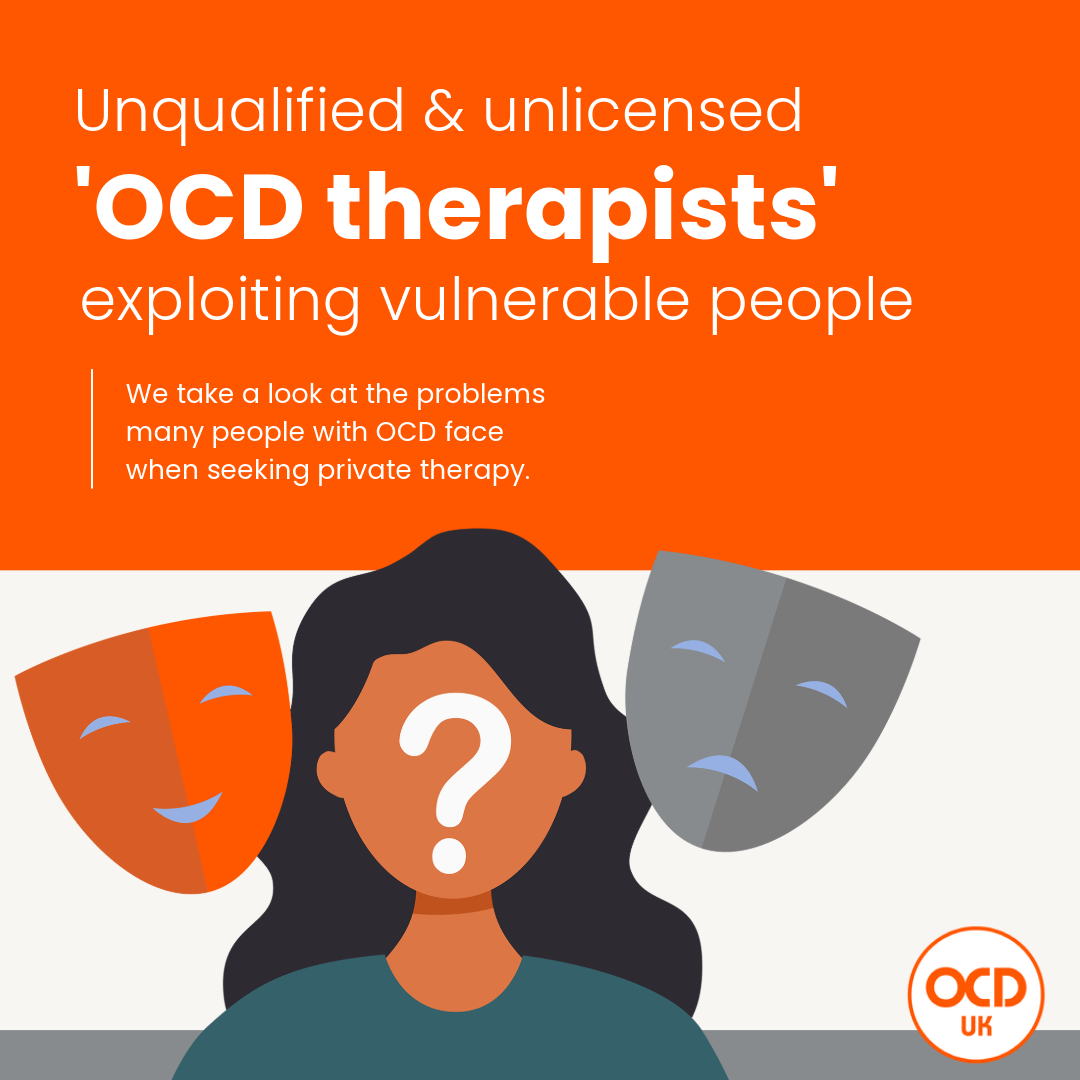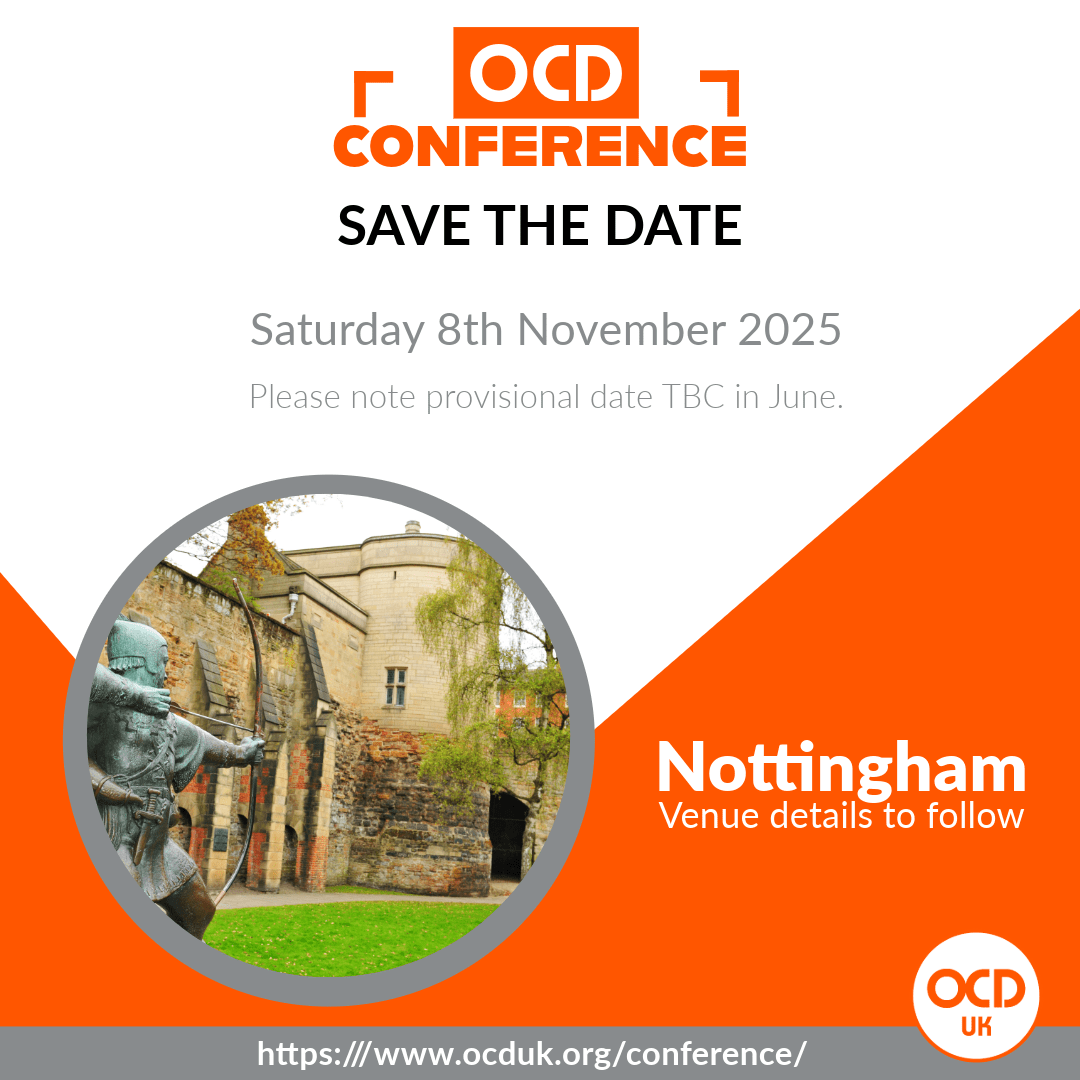Waiting for therapy to start can be frustrating and sadly we’re often left treading water with no help or support. But that’s not to say you can’t do something so here are a few preparation steps you can try whilst waiting.
Keep an OCD Diary/Log
Your OCD may take many forms, constantly changing, chameleon like, often causing many different problems in your life consecutively. When your therapy eventually starts, it can be easy to forget about the many ways OCD has been bothering you, especially when emotions take over.
By keeping a log or even an OCD diary you can spend time noting the different ways OCD interferes with your life. It really just needs to be bullet point lists, it doesn’t need to be details, just notes that are sufficient enough to remind you when therapy starts that you can refer back to.
This actually becomes a great CBT exercise in itself in practising identifying and recognising OCD obsessions and/or compulsions. Some people immediately create a list, others find they add a few items to the list daily over several weeks. Don’t worry if your list becomes many, many pages long, whilst that can be disheartening, it can also be a positive later on.
Your list can become a great reference point as you work towards recovery. When you start to make progress, and occasionally refer back to your list it can be a helpful reminder to show just how far you have come and how much progress you’re making.
Some people choose to use a notepad or diary for this exercise, others choose to use a notepad on their phone which they generally have with them all the time. It doesn’t really matter what method you use, whatever is easiest for you and allows you to proactively add to the list.
Once you have a list that is relatively complete, you can move on to the next step, which is another pre-therapy exercise.
Create a hierarchy of OCD fears

With your OCD diary/log completed (you can still add items later), what can sometimes be helpful is to try and put your list of OCD problems in a kind of hierarchical list.
In therapy, it would be a step too far to be expected to challenge the most severest of your OCD problems from the outset, so sometimes a therapist will take a hierarchical approach, remember the swimming pool analogy we used on the Exposure Response Prevention page in the last section?
What a therapist might do is help you create a list of anxiety producing situations, estimating the severity of anxiety that that each of them produce. The therapist will then work with you to slowly expose to these situations, beginning with the least anxiety producing , working up to the most.
So you can save yourself some time in advance of therapy by creating your own hierarchy of OCD fears, starting with the least severe at the very bottom, to the most severe at the top.
If you feel really confident, you might even want to have a go at challenging yourself with some of the least anxiety provoking situations. But don’t worry if you struggle with that, once you start therapy your therapist will help you understand the problem and better prepare you for tackling it.
The other reason for starting slowly is to give yourself confidence, the more confident you become, the easier therapy will eventually become, and sometimes as you start to climb those steps you will find yourself taking 3 or 4 steps at a time. Start small, grow big is the phrase we like to use here at OCD-UK when talking to people on the phone, going back to one of our analogies, think of your challenging OCD a little like watching a flower grow, recovery is the same, it grows from nothing and like a plant it starts small and grows big.
Set yourself a set goal for therapy
When you start therapy it is natural to want and expect to be OCD free in 6-12 weeks of therapy. Whilst that may be possible, what’s more realistic is you will leave therapy being better than when you started, but still on that recovery journey that we talked about earlier in the section.
CBT is very much meant to be a doing therapy, so CBT is very much about becoming your own therapist, to focus on fully reaching your recovery goal. In fact another analogy we frequently use is that a course of CBT is a little like learning to drive, it’s claimed you only really become a driver and learn to drive long after you pass your test and start to drive. We believe OCD recovery is not too dissimilar, you only really make full recovery by really practising therapy every day, long after your therapy ends.
But in terms of starting your therapy, it can be helpful to plan what you want to achieve from your 8-10 hour course of therapy. So for example, perhaps you have several OCD problems, but one of them is you can’t use a public toilet, or you can’t drive somewhere without then going back to check. Two very realistic and measurable therapy targets would be, that by the end of therapy you want to be able to use a public toilet or you want to be able to drive from point A to B without having to go back to check any more.
So in effect, you would be setting yourself an OCD therapy SMART goal, which should be…
- Specific – You have a clear target, i.e. using a public toilet.
- Measurable – That target can be challenged in steps so you can see your progress.
- Attainable – Is not too far up your hierarchy.
- Realistic – You’re capable of achieving (with therapist help).
- Time Based – You know roughly how many therapy sessions you have to work on this.
Setting a realistic SMART therapy goal gives you something to work towards, and when successful will give you the confidence to tackle other aspects of your OCD.
Self-Help
Knowledge really is power when it comes to OCD, so it’s important to have some understanding about both OCD and CBT and how the illness and treatment works,.
Also, not all therapists fully understand OCD, so it helps to be familiar with what to expect in therapy so you can quickly identify therapy approaches which may not be suitable. We have plenty of resources listed on our self-help webpage later in this section.
Generally people don’t recover with self-help alone, one reason for this is that no matter how good the self-help material is, they are only helpful if the reader correctly interprets what they read. Self-help materials can also never replace the support and motivation given by a good therapist. But the more you understand OCD, the more you can make better use of your therapy once it starts.
Eat well, Sleep well – Get the basics right
Looking after our general health is perhaps one of the key, but often overlooked aspects that can be beneficial to our overall mental health and well-being. When we don’t feel well, it’s not unusual to slip into bad habits of eating poorly and that in itself can impact on our ability to sleep, even more so when we’re being bombarded with lots of intrusive thoughts.
Good physical health can have a positive impact on our mood, which in turn can play a significant part in helping reduce the anxiety caused by OCD; this includes eating a good healthy balanced diet, regular exercise and keeping regular sleep patterns. Many people with OCD have reported that running and physical exercise (even gardening) can really help improve their general feeling of well-being.
Take a look in the additional reading box below, we have added lots of helpful resources to help you better manage your exercise, diet and sleep.
What to read next:

























